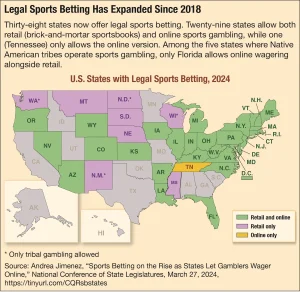The Ace in Blackjack

In blackjack, an ace card can be one of the most valuable cards to possess. When combined with other picture or ten cards, an ace can form an impressive hand that could possibly win big!
However, misusing an ace can also be risky and this article will address some of the most frequently occurring hazards when playing with one.
What is an ace?
The Ace in blackjack is an extremely potent card and can have a profound effect on a player’s chances of victory. It may count either as 1 or 11 depending on how it fits into your total hand value; therefore, making it an integral component of any successful blackjack strategy.
Players should only split aces when there is an absolute justification to do so, as doing so only adds one card per hand to an already weak starting total of 2 or 12 and makes their chances of victory much slimmer.
In games based on rank, an ace is usually the highest card and may even outrank even a king. But in blackjack and other numerical value-based games such as rummy or cribbage, an ace counts as one unless it would make the player bust; therefore dealers should always check for blackjack when showing an ace as their hole card; otherwise they might get quite an unpleasant surprise!
How much is an ace worth in blackjack?
The Ace in Blackjack is an incredibly powerful card, capable of yielding either 1 or 11 points and providing players with a powerful edge when combined with other cards to form winning hands. But players should tread lightly when using an Ace as it could also cause their hand to bust!
If you are dealt two aces, splitting them will often give you two opportunities for victory. Since there are more cards with values of 10 than any other denomination in a deck, splitting aces gives you the greatest chance of drawing one of these treasures.
Though most casinos permit the splitting of aces, some do not due to ten-value cards dealt on split aces not counting as blackjack hands. Aces may still be used effectively to form strong hands when combined with cards worth 10 and form what is known as a “soft” blackjack hand.
Insurance bets
Insurance in blackjack is an optional side bet with odds of 2-to-1 that only makes sense when the dealer’s up card is an ace. Players will be asked if they would like to make this wager before beginning play; its placement can be independent from that of their main bet.
Insurance may seem tempting when the dealer shows an Ace up card, particularly if your hand is weak. But, in reality, an ace won’t always lead to a blackjack, even when one of his other cards contains a value of 10 (there being so many other ten-valued cards in play), so taking out insurance only makes sense for professional card counters.
Splitting aces
Splitting aces can be an invaluable strategy in blackjack as it gives players two hands that have more likelihood of holding cards with ten-value cards on them and gives a much higher chance of beating the dealer’s ten.
Of course, splitting pairs carries with it some risk. For instance, if the deck count drops below zero and you find yourself holding two Aces together with no spare cards to go with either Ace, it might be wiser not to split them; otherwise you will likely be dealt two cards for each Ace without the chance to act further on either one of your new hands.
Splitting aces may differ between different blackjack games and casinos; many restrict players from hitting their split aces after splitting, and do not permit resplitting. This can drastically decrease their value but still present opportunities if allowed by rules.







